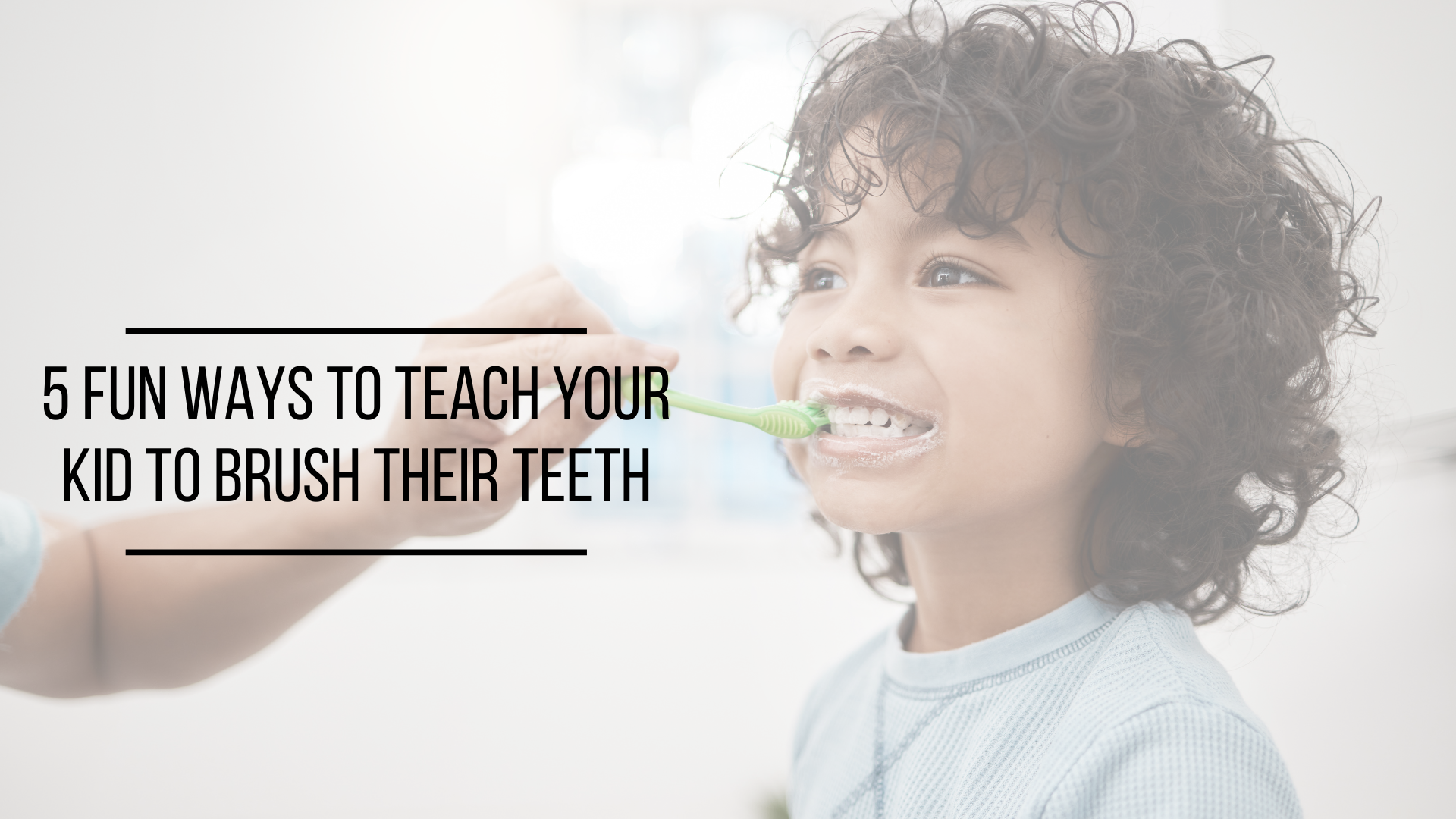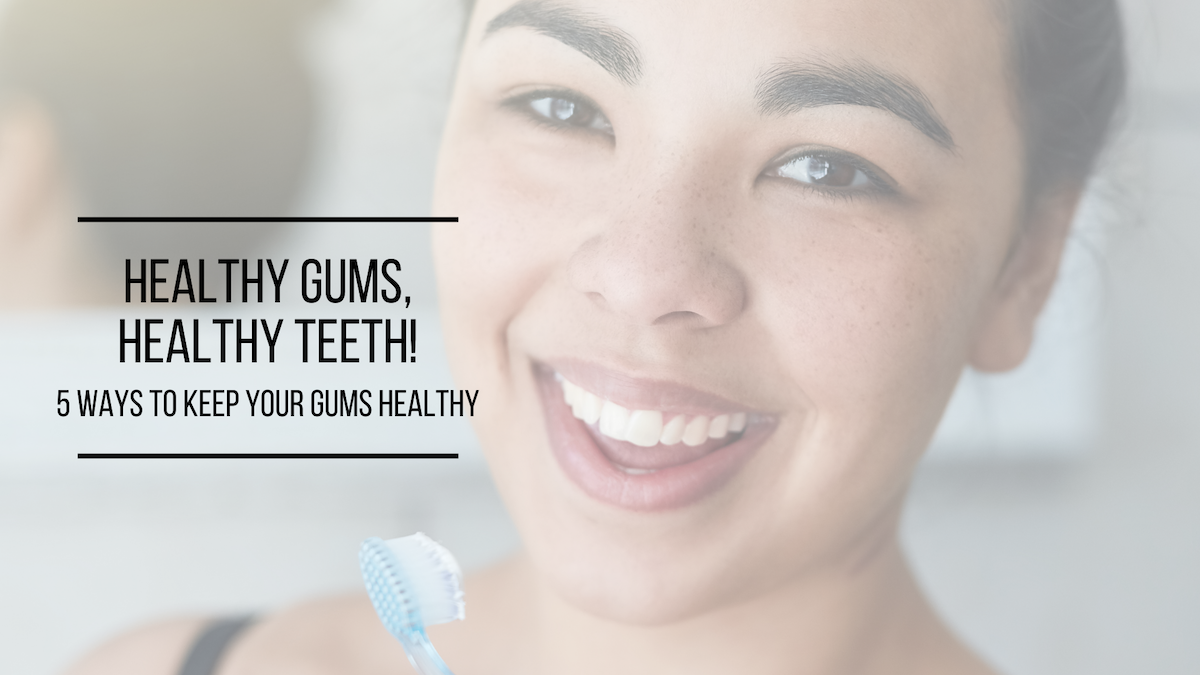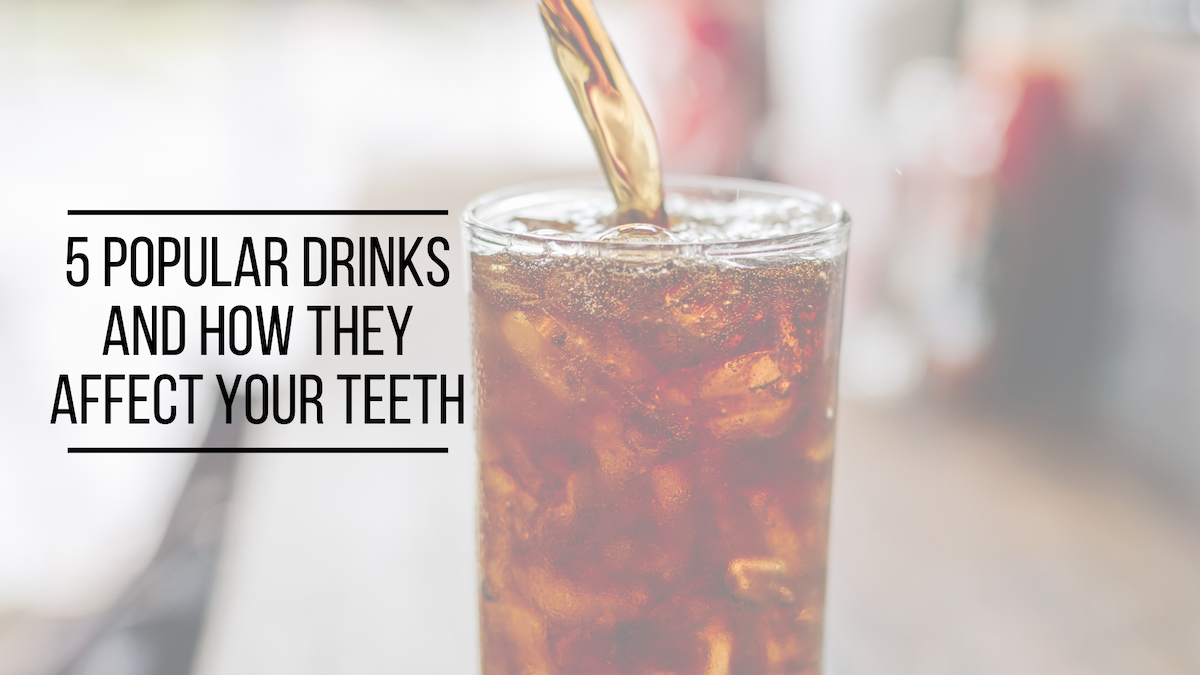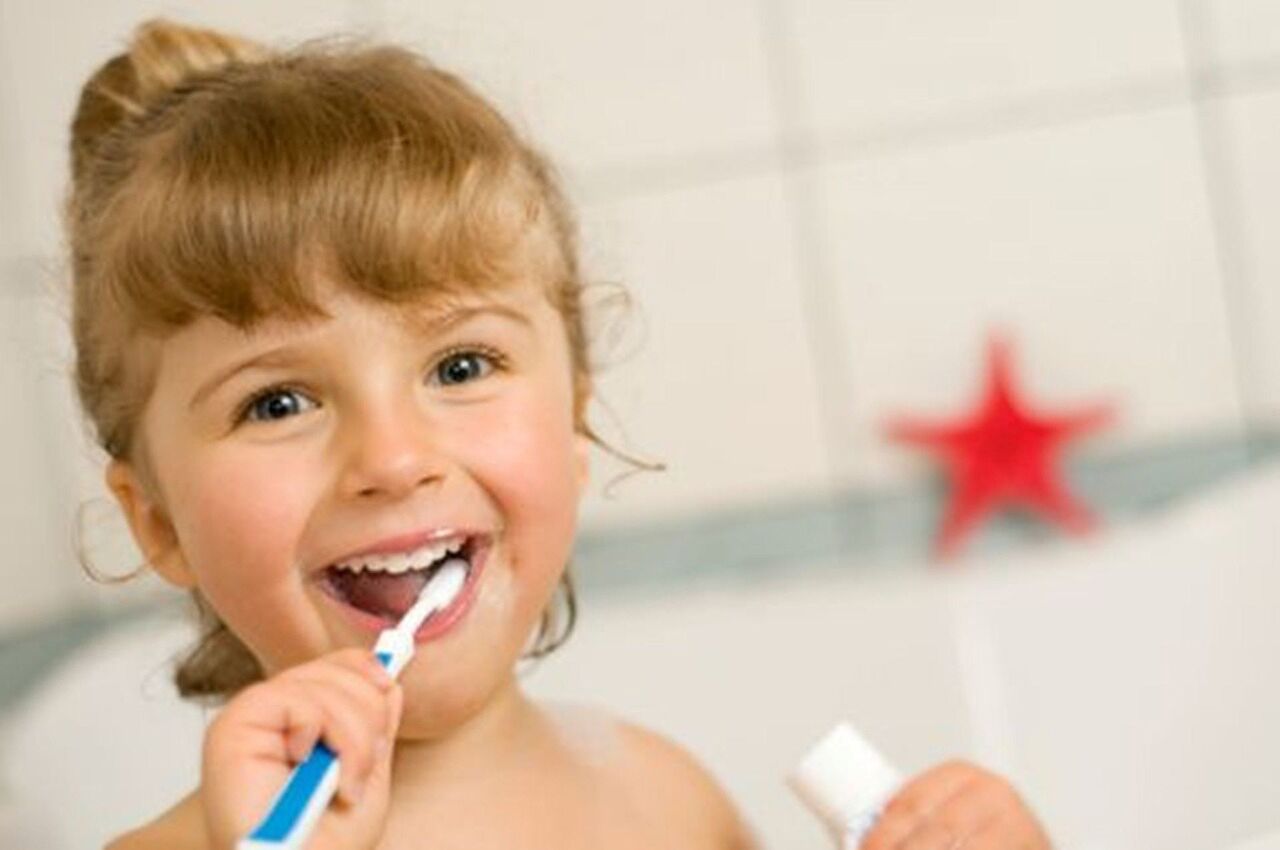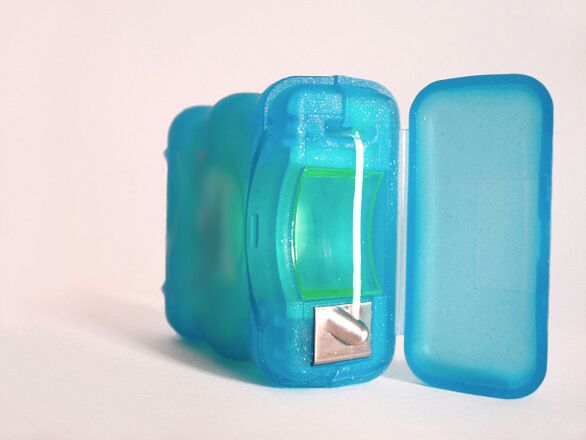As parents, caregivers, and guardians, teaching kids proper dental hygiene is essential for the overall health and well-being of our children. Brushing their teeth not only keeps their pearly whites looking healthy and strong but also helps prevent cavities.
However, we know this is often easier said than done. In this blog post, we will share five fun ways to teach your kid to brush their teeth that will make the process easier for everyone involved.
1. Make It a Game
Instead of just telling your kids to brush their teeth, turn it into a competition. You can have them race against each other or you can see who can brush the longest. This will help make brushing their teeth more enjoyable.
2. Use Music
Playing music while brushing can also be an exciting way to get your kids engaged in the activity. Audiobooks or sing-alongs are great options, as they will provide a distraction that makes the time go by quickly.
3. Create a Reward System
Set up a chart that rewards your child when they complete brushing their teeth for two minutes (as recommended by the American Dental Association). You can give them stickers or other rewards when they achieve their goal.
4. Let Them Pick Out Their Toothbrush and Toothpaste
Giving your child a say in what toothbrush and toothpaste they use will make them more likely to take ownership of their dental health. They’ll be more excited to brush with a toothbrush and toothpaste that they chose.
5. Use Technology
There are a variety of apps that can help make brushing your teeth more fun. From digital timers to games, these types of tools can keep kids engaged in the brushing process.
When Should Kids Start Brushing Their Teeth?
The American Academy of Pediatric Dentistry recommends starting to brush your child’s teeth as soon as the first tooth appears. You should always supervise your child while they are brushing their teeth until age 8 or so, to ensure that they do it correctly and safely.
Children should start flossing as soon as their teeth are touching. This will help ensure that their gums and teeth stay healthy as well as begin to establish healthy habits surrounding oral hygiene.
Your Child’s First Dentist Visit
In addition to brushing their teeth twice a day, it is important to take your child to the dentist regularly. The American Academy of Pediatric Dentistry recommends that children visit the dentist for the first time before their first birthday.
During this visit, our team will help your child get used to the dentist and make sure that their teeth are developing correctly. We will also provide brushing instructions, discuss any concerns you might have, and answer any questions you may have about your child’s dental health.
Creating Healthy Brushing Habits to Last a Lifetime
Following the tips above will help create a healthy brushing routine that your child can carry with them throughout their life. With proper dental hygiene and regular visits to the dentist, your child will have healthy teeth for years to come!



